Focus
Your Present Location: HOME> Focus-

Martin Jacques: US is no longer exceptional, but it takes time to accept this fact
In historical retrospect, America's reaction to the 9/11 attacks on New York's Twin Towers was breathtakingly disproportionate. Tragic though it was, a death toll of 2,977 barely registers on the Richter scale of military conflict and acts of terrorism. If the same had happened to the magnificent Twin Towers in Kuala Lumpur, it might have been on the front pages of Western newspapers for a day or two, and then it would have been forgotten. But 9/11 happened in America.
2021-09-10 -

A World Reshaped
US' withdrawal from Afghanistan adds to the tally of world powers that have failed in the heart of Eurasia. The war in Afghanistan, which started in 2001, seems to have come to an abrupt end in 2021. What does this mean for the world?
2021-09-10 -

Liu Ying: New Beijing Stock Exchange to accelerate decoupling of US-China financial markets
China’s new stock exchange in Beijing will likely accelerate the decoupling of financial markets between the U.S. and China, experts say.
2021-09-09 -
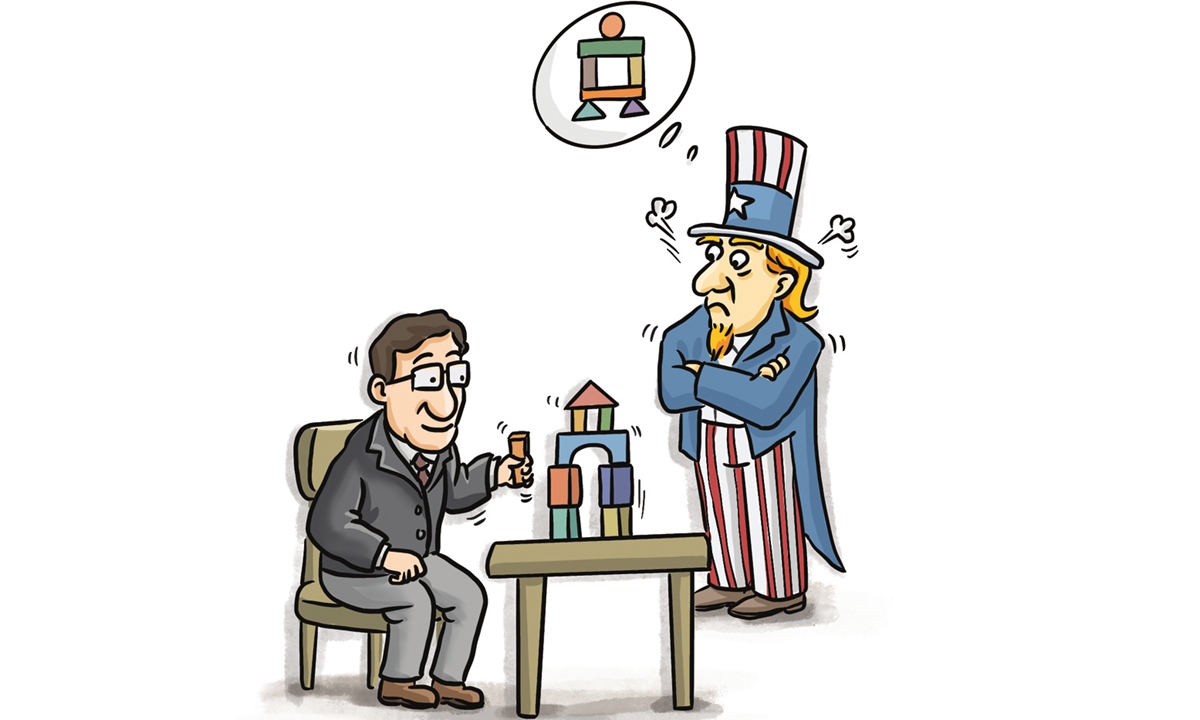
Ding Gang: Why US so obsessed with ideas of changing others?
There is a crucial element for the stable development of US-China relations: US policymakers need to restrain and abandon their intrinsic impulse to change China's political system.
2021-09-09 -
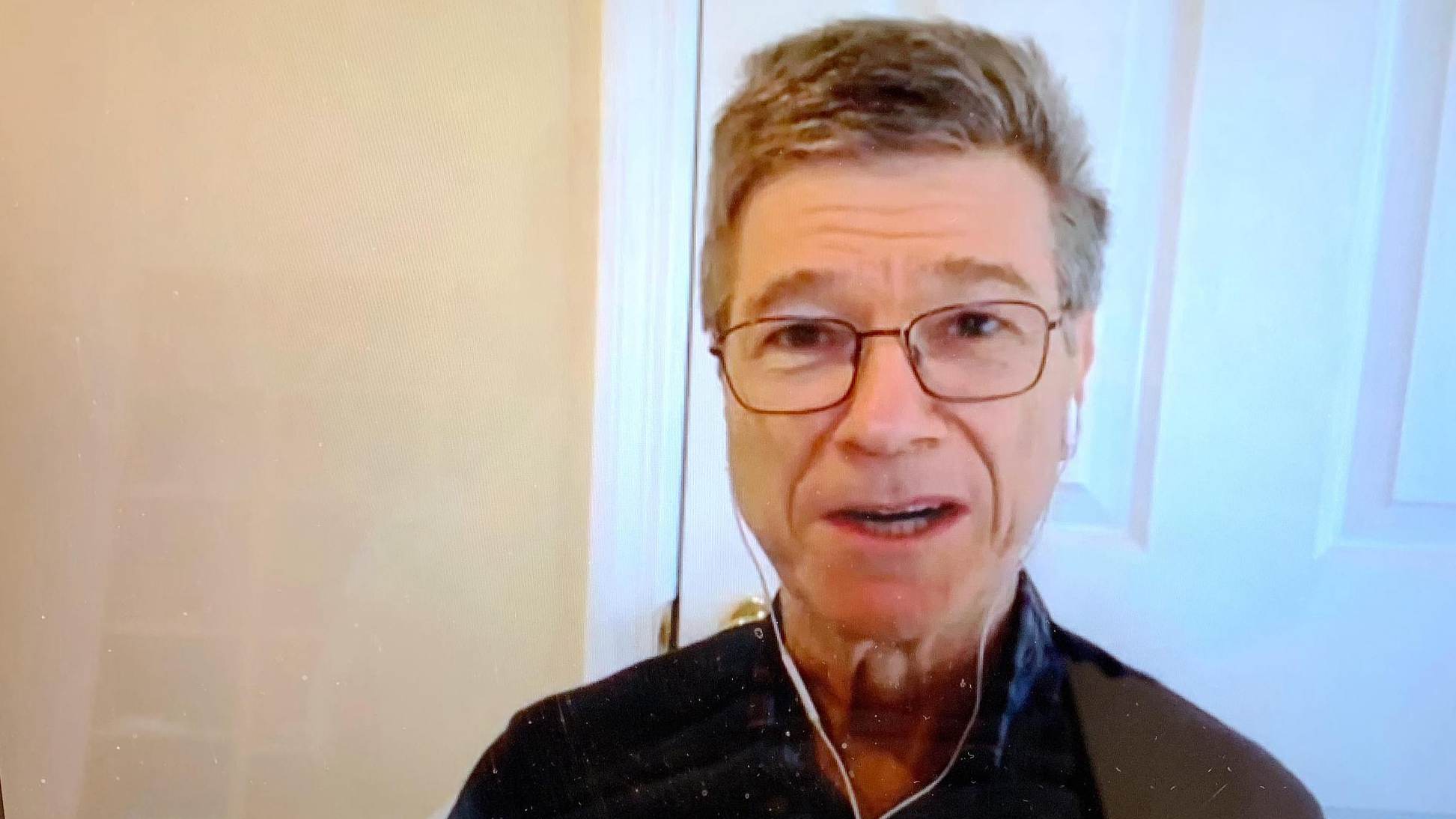
Jeffrey Sachs: U.S. needs to work with China against COVID-19
The U.S. needs to cooperate with China to "find a global solution in the fight against the COVID-19 pandemic," Malaysian news outlet The Star reported on Sunday, quoting Jeffrey Sachs, head of the Lancet COVID-19 Commission.
2021-09-08 -
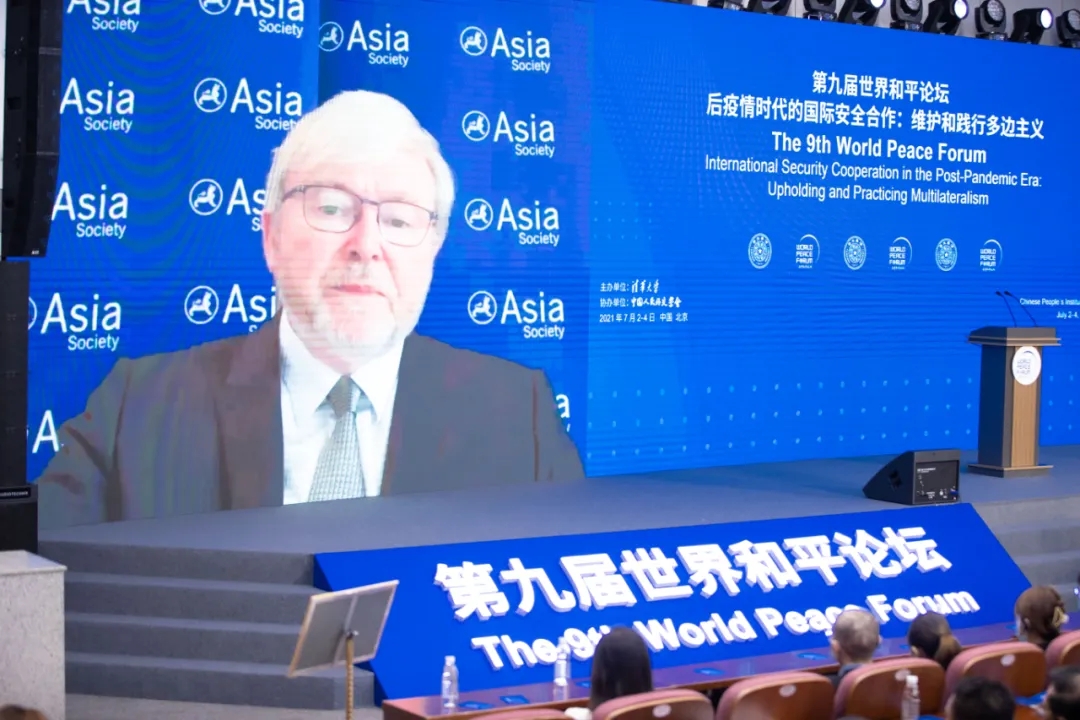
Kevin Rudd: Speech on The 9th World Peace Forum
Thank you President WANG Chao for your kind introduction. It's good to be back at the World Peace Forum, and to say a few words here with friends and colleagues.
2021-09-08 -
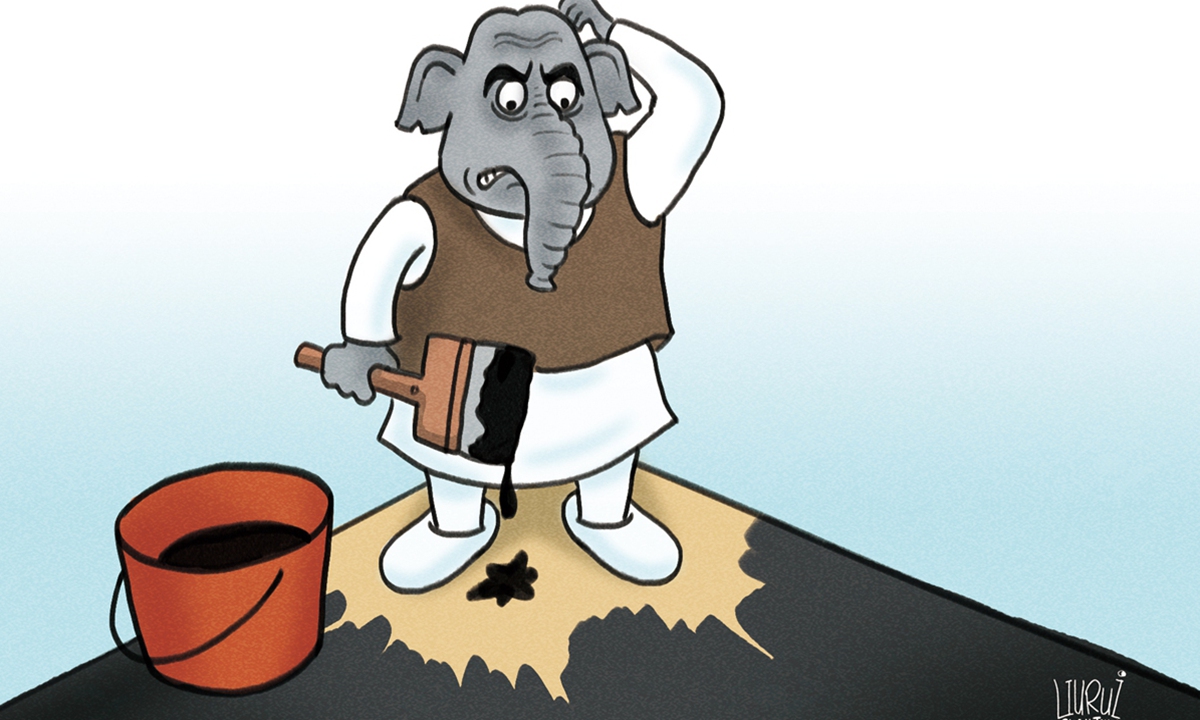
Liu Zongyi: Indian think tank report fabricates unwarranted charges to discredit China
As India has reportedly launched an information war against China and Pakistan, some Indian think tank has proactively fired false countercharges.
2021-09-07 -
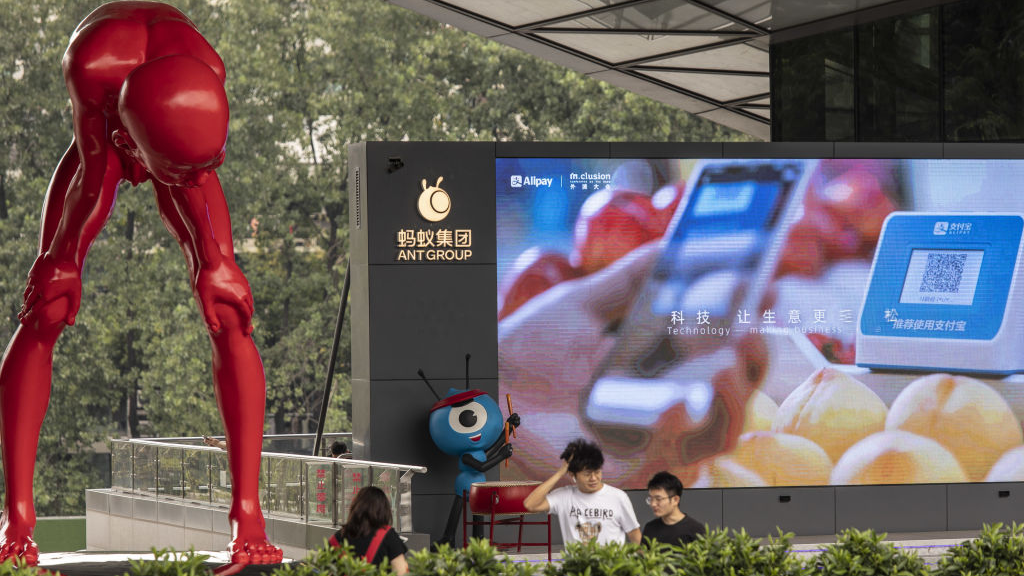
Djoomart Otorbaev: What is happening in Chinese fintech sector?
Editor's note: Djoomart Otorbaev is the former Prime Minister of the Kyrgyz Republic, a distinguished professor of the Belt and Road School of Beijing Normal University, and a member of Nizami Ganjavi International Center. The article reflects the author's views and not necessarily those of CGTN.
2021-09-07 -
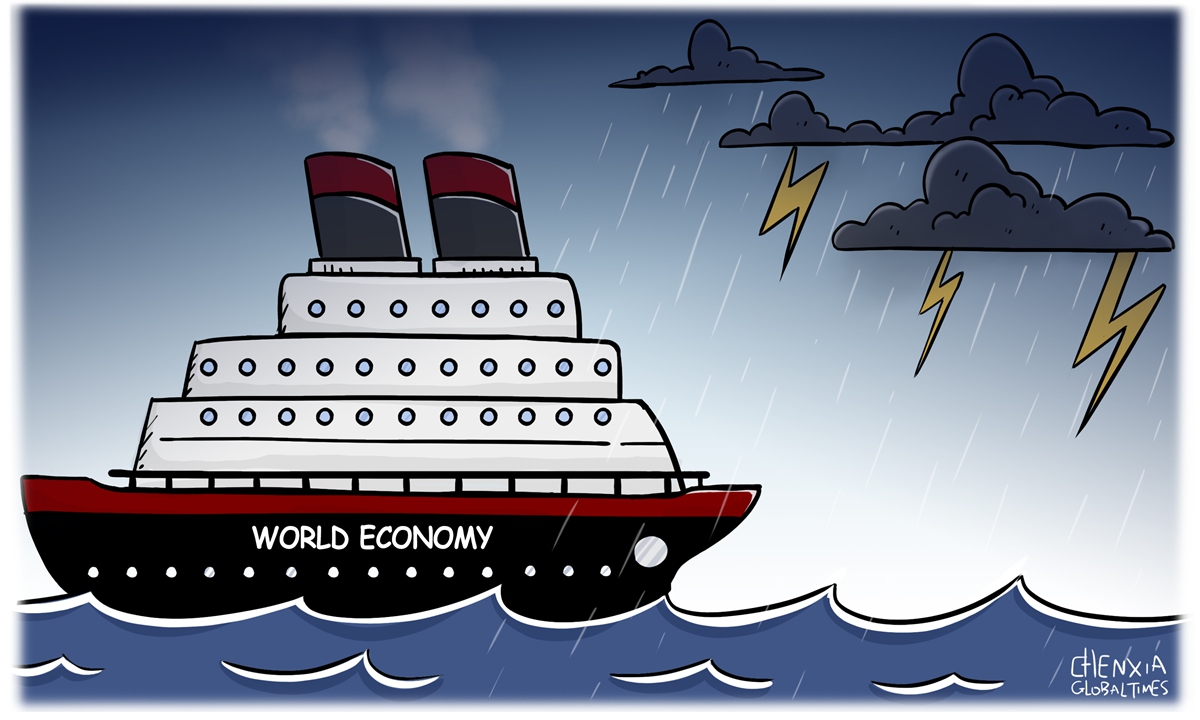
Wang Wen: Has world economy walked out of darkest moment?
Some people say the year 2021 is witnessing the world economy obviously walking out of its darkest moment.
They are perhaps right if we look at the numbers. Based on the predictions of multiple agencies, world economic growth is expected to stand at 6 percent this year, with the growth of China, the US, the Euro zone, the UK and emerging economies at 8.1 percent, 7 percent, 4.6 percent, 7 percent and 6.3 percent, respectively.2021-09-07 -
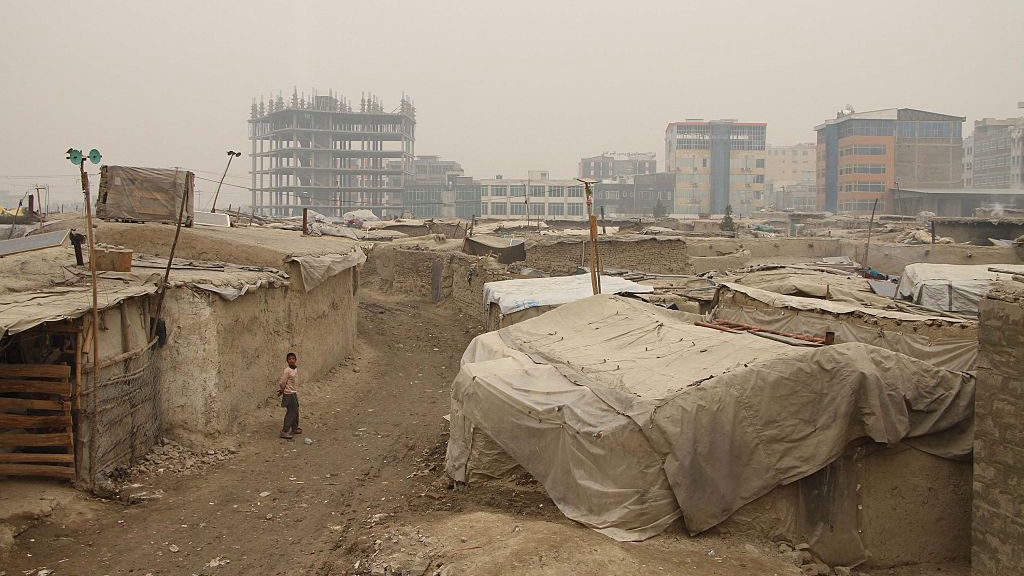
William Jones: Why is BRI an ideal choice for Afghanistan's future development?
As the world waits to see the shape of the new Afghan government and whether the Taliban are really prepared to fulfill their commitments to the international community, Afghanistan is rapidly plunging into poverty and starvation. In their wait-and-see stance, the Western countries have cut off access to Afghan government funds and even the International Monetary Fund (IMF) is withholding any major funding to Afghanistan.
2021-09-06 -
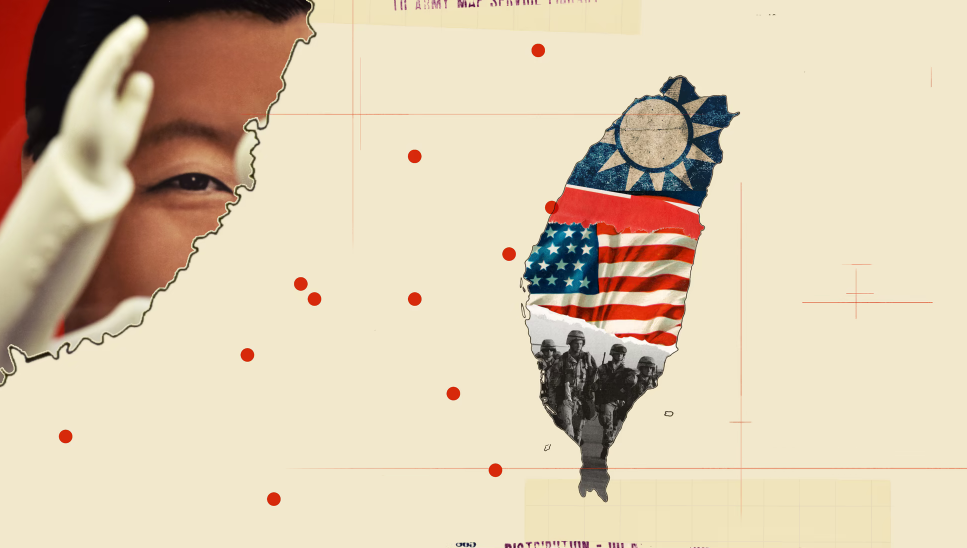
Liu Zongyi: China’s ‘Very Tricky Situation’
As the United States rushed to evacuate people from an Afghanistan that is once again controlled by the Taliban, China has crowed over America’s failure in nearly every conceivable way. A former high-ranking member of the People’s Liberation Army has written a jubilant op-ed. State media have published scathing editorials. Chinese officials have circulated jingoistic tweets and nationalist cartoons.
2021-09-06 -
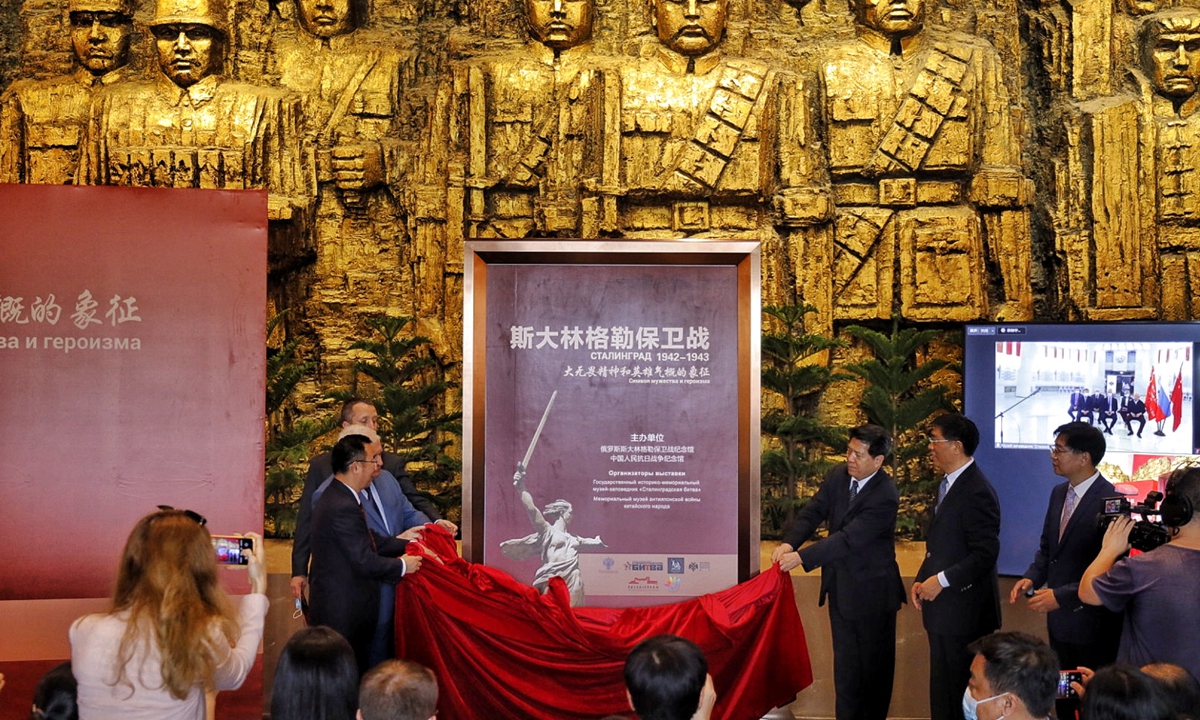
Yuri Tavrovsky: China, Russia jointly celebrate V-Day amid shared WWII view and need to counter Japanese aggressive resurgence
To mark the 76th victory anniversary of the War of Resistance Against Japanese Aggression (1931-45), China and Russia - two major contributors to wining WWII - jointly held memorial activities, which analysts said intends to urge Japan to truly reflect on its military mistakes instead of binding itself increasingly tighter with the US and endangering regional peace and stability. This is the latest and vivid example of the highly accordant values and mutual trust shared by China and Russia.
2021-09-06 -

Peter Koenig: Afghanistan is a vital pivot for China’s Belt and Road
The Islamic State (ISIS) claimed responsibility for the bombing via Amaq Media, the official Islamic State (ISIS) news agency. The perpetrators, the message says, were members of the ISIS-Khorasan, or ISIS-K.
2021-09-02 -

Vijay Prashad: The discovery of natural gas in Mozambique has produced tragedies, not economic promise
While one Mozambican tragedy — an insurgency against poverty that has opportunistically taken on the mantle of Islamic State — faces the opposition of SADC troops, another tragedy — the theft of billions of dollars from a desperately poor country — is being settled in courtrooms and backrooms.
2021-09-02 -

Ding Gang: ‘Why do they hate us?’ This question haunts US 20 years on
"You can't wake a person who is pretending to be asleep." This saying has been repeatedly come into my mind as the 20th anniversary of the 9/11 attacks approaches.
2021-09-02 -

Jeffrey Sachs: The "enormous evidence" of the "lab-leak incident" were false
After the release of the report done by the U.S. intelligence community on COVID-19 origins, Jeffrey Sachs from Columbia University believes the statements of Donald Trump and Mike Pompeo about the "enormous evidence" of the "lab-leak incident" were false. They set this path to be a blame game rather than a true scientific investigation.
2021-09-01 -

He Weiwen: The Malicious and Futile US IC Report Has Wasted the World Chance of Origin Tracing
The US National Intelligence Council released on August 27 the unclassified summary of the US intelligence agencies’ COVID-19 origin report (IC report). As widely expected, the report found nothing but a repetition of the scientists’ findings thus far: still two hypotheses — infected by animal and lab accident, with the former most likely.
2021-09-01 -
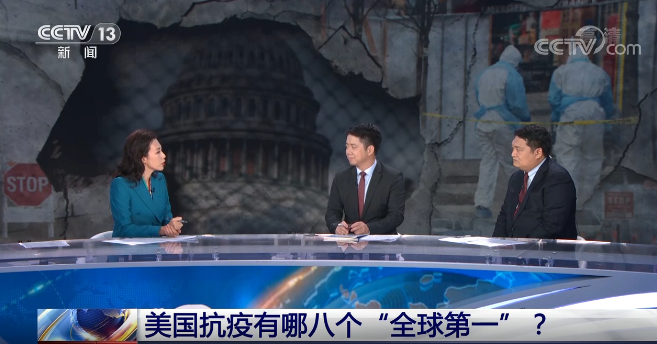
CCTV exposes and criticizes the Eight ‘No.1’ of the US deserves
CCTV exposes and criticizes the Eight ‘No.1’ of the US deserves, talking with Wang Wen, Executive Dean of Chongyang Institute for Financial Studies at Renmin University of China, and international scholar Diao Daming, who provides an in-depth analysis of the report--
2021-08-31 -
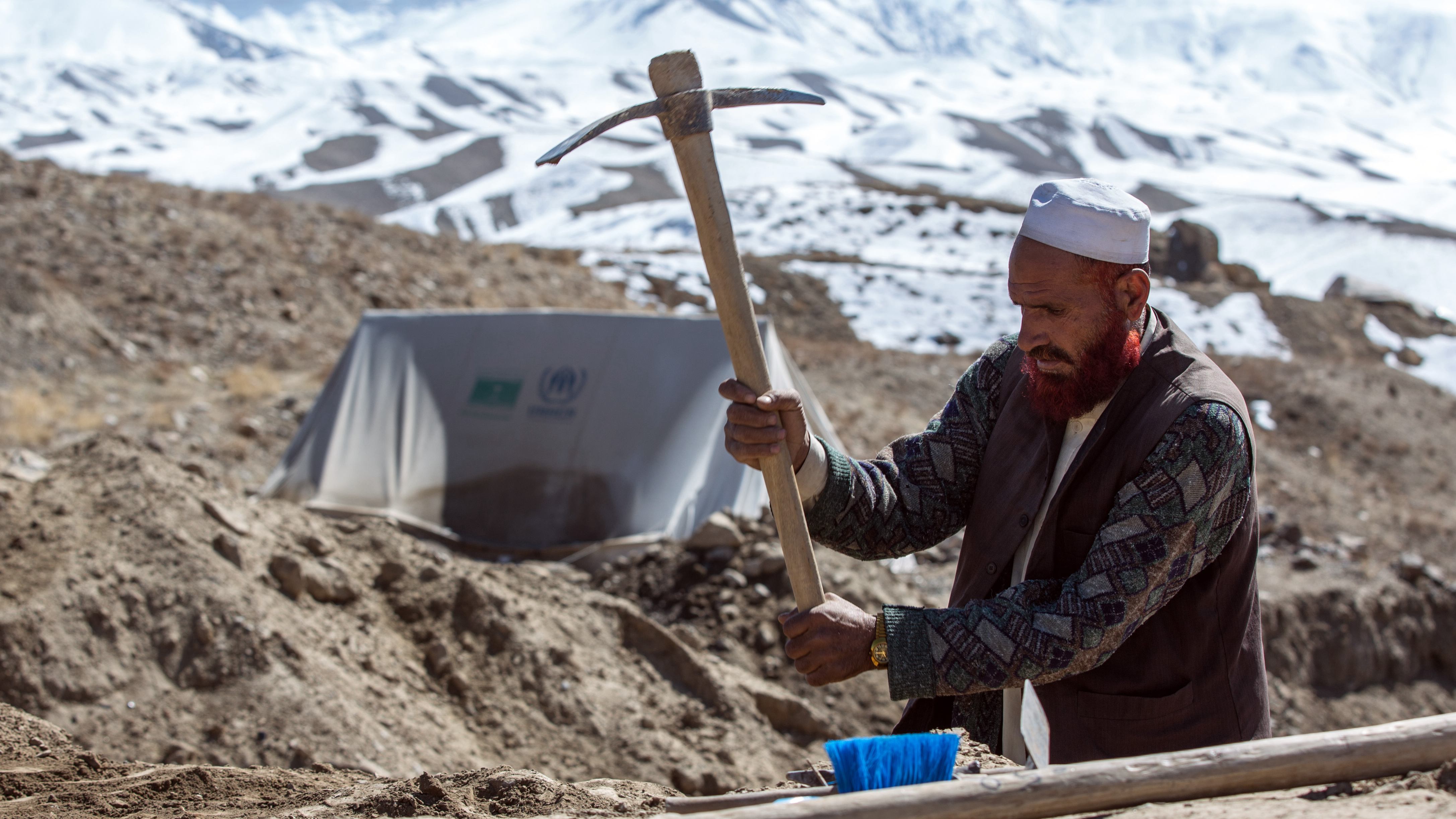
Djoomart Otorbaev: In what direction could the Afghan economy develop?
Editor's note: Djoomart Otorbaev is the former prime minister of the Kyrgyz Republic, a distinguished professor of the Belt and Road School of Beijing Normal University, and a member of Nizami Ganjavi International Center. This is the second piece of his series on the economy of Afghanistan.
2021-08-31 -

RDCY fellows interviewed by Hunan TV regarding with US Eight No.1
2021-08-30
























































































 京公网安备 11010802037854号
京公网安备 11010802037854号





